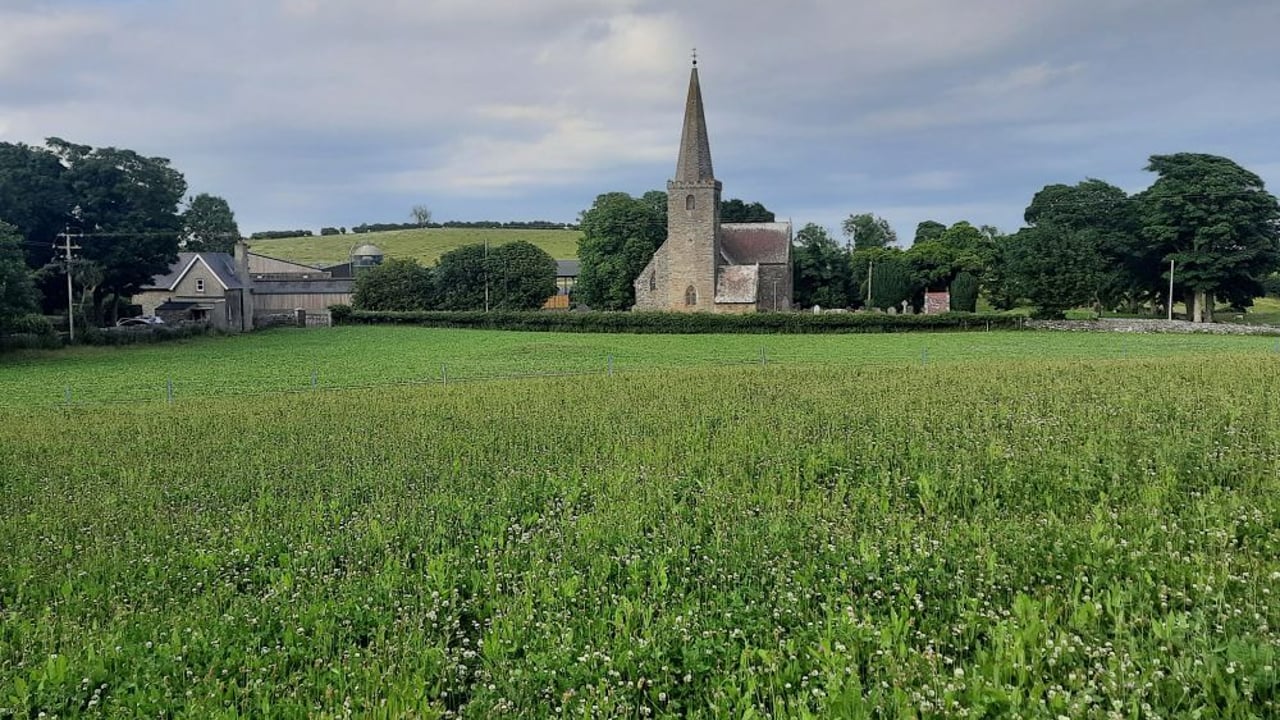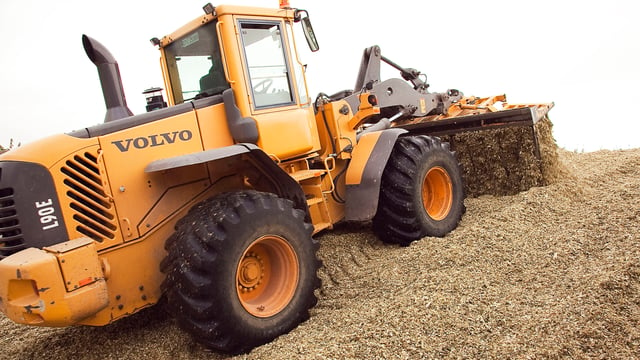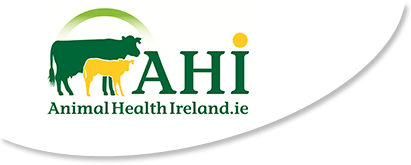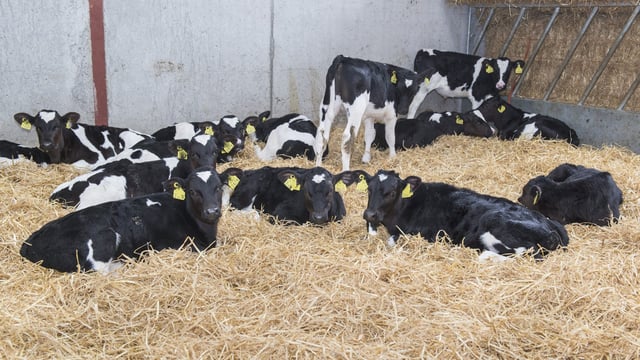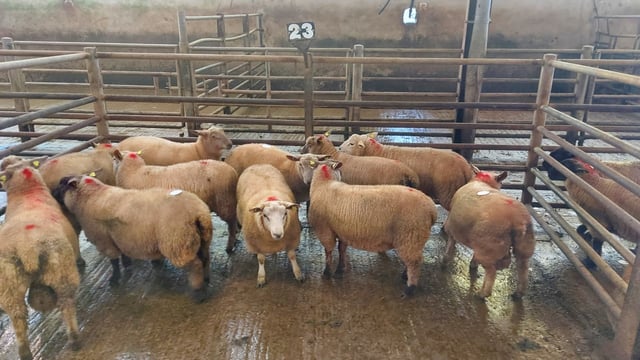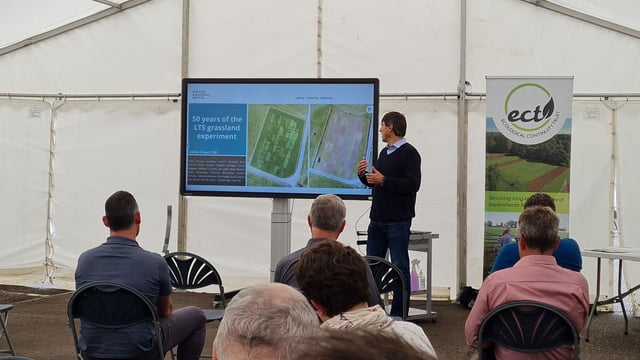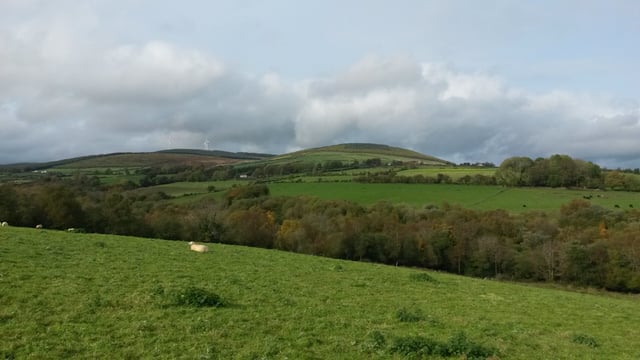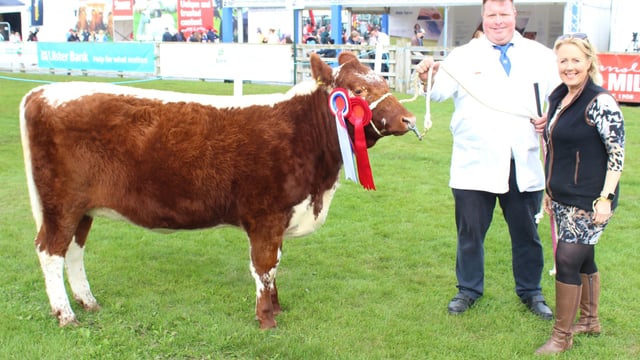Farmers urged to plant multi-species swards to reduce input costs
Minister of State at the Department of Agriculture, Food and the Marine (DAFM), Pippa Hackett, is encouraging beef and dairy farmers to consider planting multi-species swards in order to help them reduce their dependence on chemical fertiliser.
She is acknowledging very considerable increases in fertiliser prices which are hitting farmers at the moment, and used her Seanad Order of Business speech to highlight the potential for farmers to plant their pastures differently, in order to lower input costs without damaging profitability.
Describing the success experienced by one particular intensive dairy farmer who has moved to zero nitrogen, Minister Hackett said:
‘Three years ago, as part of his reseeding programme, he began planting multiple varieties of grasses, clovers and herbs.
‘I know one swallow does not make a summer. I know this one farmer’s results do not constitute a scientific study, but this farm is producing about 8,000L of milk per cow per annum, well above the national average, and has saved close on €40,000 this year alone, on fertiliser and application costs," she continued.
Multi-species swards
The junior minister spoke about how multi-species swards "draw on nature’s nutrients for growth".
The minister said: "This is regenerative agriculture, with healthy soil, and healthy cattle, thriving on a tasty and nutritious mixture of crops, however wild and uneven they might look to a casual observer.
“There are multiple benefits of multi-species which are well-proven from a scientific perspective,” according to Germinal’s technical development manager, Dr. Mary McEvoy.
“Essentially, some species are more suited to intensive grazing than others, so it’s about identifying what’s going to work on your particular farm,” she added.
A multi-species mixture aids soil conditioning, with different root structures helping to break up soil compaction and aerate the soil, improving drainage and biological activity.

